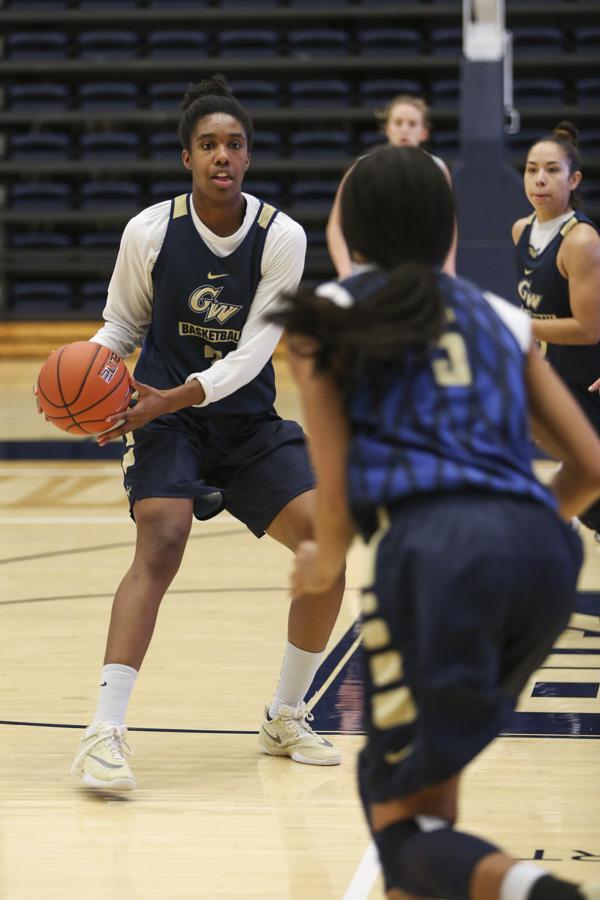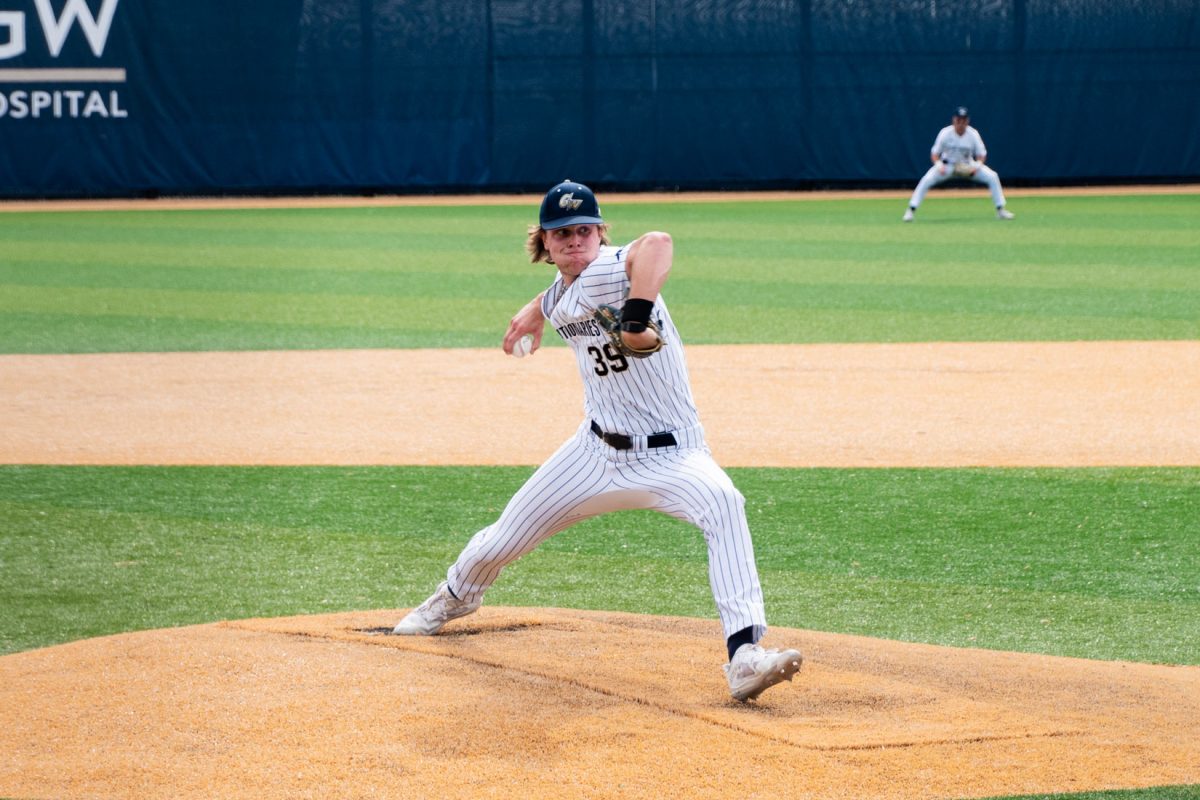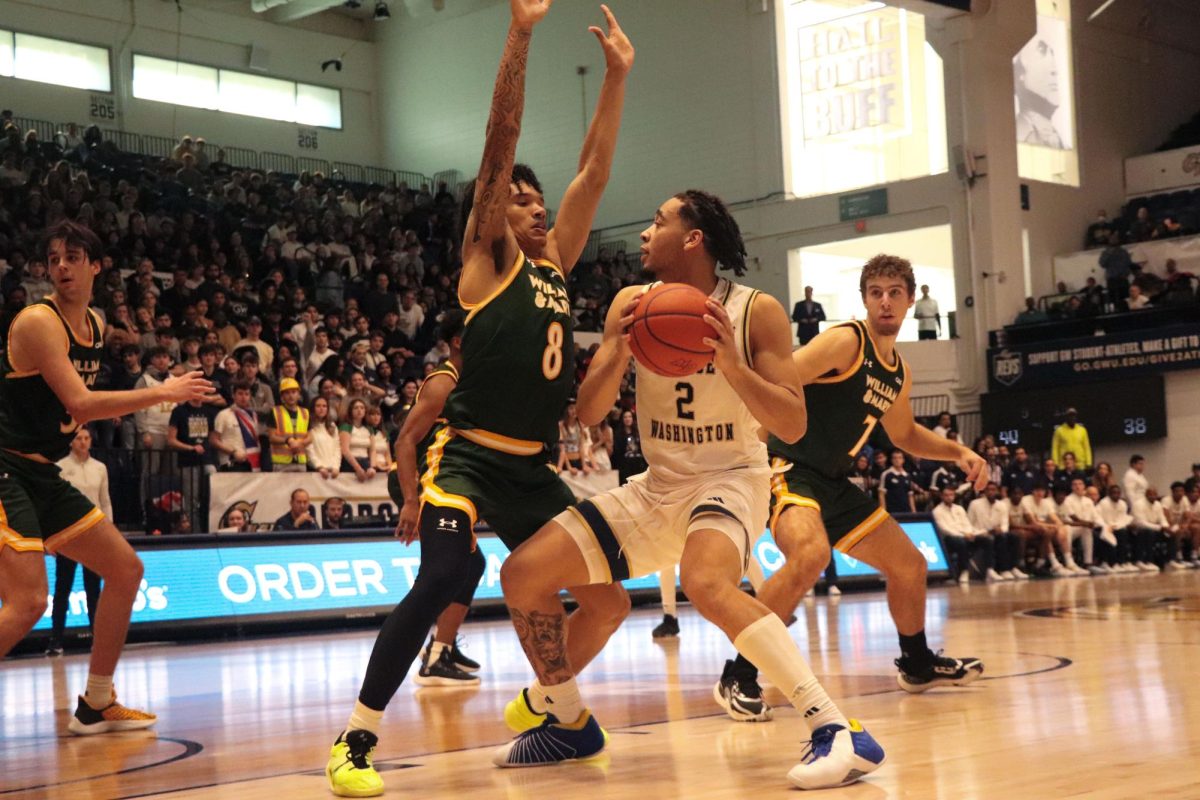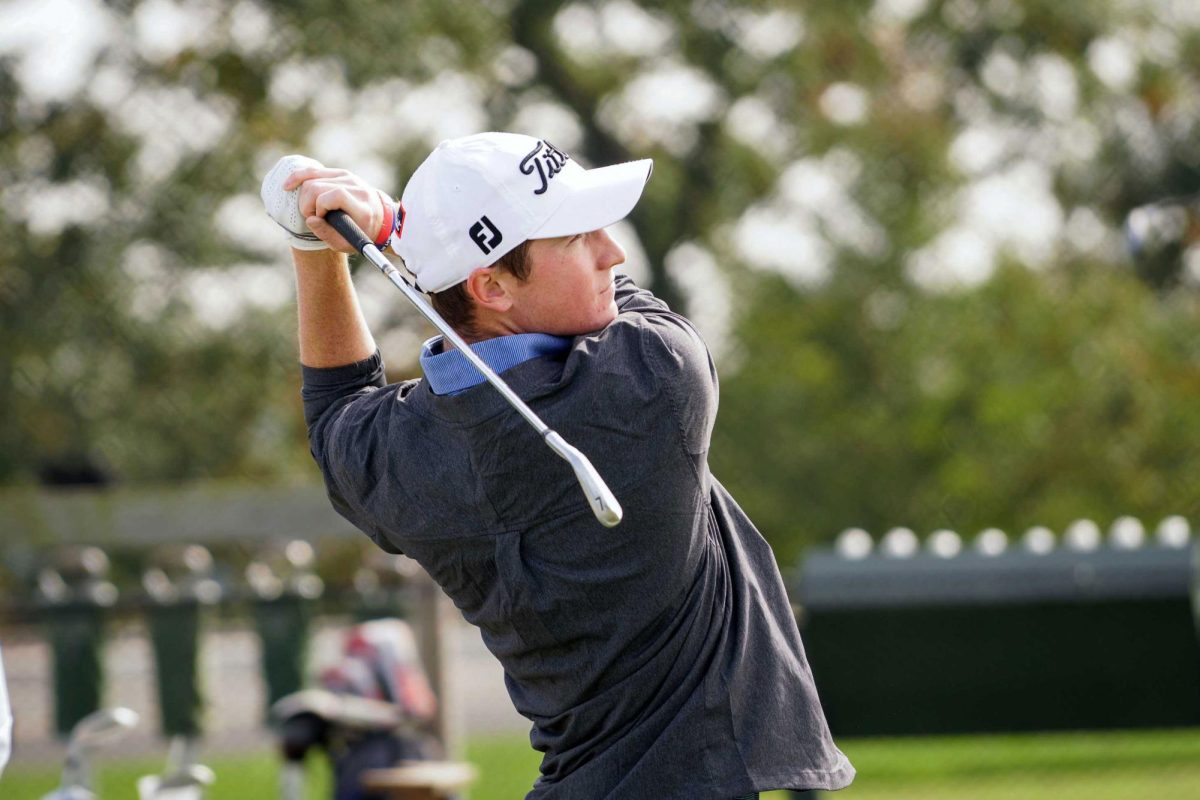In the 2015–2016 campaign, former GW coach Jonathan Tsipis’ women’s basketball team was anchored by one of the best players in the country, former A-10 Player of the Year Jonquel Jones.
Last season, the Colonials relied on pace, post-play and dominant offensive rebounding as focal points for putting the ball in the hoop. Tsipis was adamant about sacrificing offensive turnovers in the name of playing up-tempo with former graduate guard Lauren Chase at the helm.
But with both Jones and Chase having graduated and Tsipis leaving for a coaching job at Wisconsin, a new era has dawned for women’s basketball under first-year head coach Jennifer Rizzotti.
Rizzotti said she wants every player on the floor to score, whereas Tsipis’ offense relied on Jones and fellow forward Caira Washington.
“How we’re going to be good and the ways we’re going to have to be able to score is going to be different from what they were able to do the last three years with Lauren and JJ,” Rizzotti said.
Rather than the high pick and roll system employed by Tsipis that often found wing players and shooters buried in the corner, Rizzotti said she wants every player on the floor to be a scoring option.
What Rizzotti called a “backcourt by committee” may actually translate into “offense by committee,” as the Colonials will rely on their depth and experience to find different ways to score the basketball and alleviate offensive inefficiency this year.
“There are a lot of teams that we’re going to play that run all of their offensive plays through the same guys,” she said. “We’re trying to be a team that’s hard to guard because we have five moving pieces all the time.”
Rizzotti wants to do more than just find her star player on the post, she added. The team should come down the floor, forcing the defense to guess where the ball is going.
“We know that we want to get the ball to Caira. We know that we have to get Hannah some driving opportunities or Bri Cummings opportunities to pull up or Shannon some three,” Rizzotti said. “But we want to do that within the scope of our offense. We don’t want to run quick hits that are very predictable to defend.”
Last year’s team was all too predictable to defend in the half court, so the team struggled to score in big games. The Colonials shot under 30 percent in multiple losses, including those against Stanford and the NCAA Tournament defeat at the hands of Kansas State.
Despite a consistent ability to rebound on the offensive glass, the Colonials were frequently exposed for their carelessness with the ball and their inability to score in the half court, particularly from outside the paint.
No one player could step in and account for Jones’ 16.2 points and 14.6 rebounds per game, but the foundation is there for the Colonials to put the ball in the basket this season.
Washington, a senior, could boost her scoring average of 13.2 points per game from last year, and she will now be the Colonials’ biggest inside presence. Senior guard Hannah Schaible broke out for 10.2 points per contest during a year in which she established herself as one of the best backcourt competitors in the conference.
Juniors Brianna Cummings and Kelli Prange were also scoring options last year, scoring averages of 8.8 and 8.0 points per game, respectively. Cummings’ ability to slash and Prange’s knack for stretching the floor will give the Colonials even more offensive variety.
And despite a down year in which she averaged just 3.5 points on 29 percent shooting, senior guard Shannon Cranshaw remains as a valuable deep threat that can get results at any moment.
Under her new head coach, Washington says she already feels a difference in how the team can read defenses in practice and set the tempo.
“When we get a little too fast and start turning the ball over, [we need to] just bring the team together and say, ‘Hey, let’s calm down a little bit. Let’s get the pace going at the right speed, so we can take care of the ball and get better shots,’” she said.








